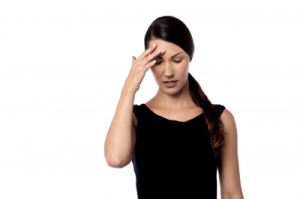
If you have an overactive bladder, you are not alone. According to the Urology Care Foundation, overactive bladder (OAB) affects almost 4 in 10 women. In OAB, premature contractions of the bladder can cause symptoms such as:
- Excessive urination (eight times per day or multiple times at night)
- Sudden urges to urinate
- Incontinence
Here are 6 tips to help control OAB that you can take right now:
- Drink smarter: People with OAB should limit their intake of caffeine and alcohol, which are both diuretics and irritate the bladder. Also avoid artificial sweeteners.
- Keep a log: Record what you drink, when you urinate and the severity of your OAB symptoms. This can help you identify and avoid triggers of your bladder problems.
- Do kegels: These workouts strengthen the muscles that control bladder emptying. However, you must do them correctly. Stop your urine mid-stream sometime to feel which muscles you need to exercise. Twice or thrice per day, contract these muscles 10 times, with each contractions lasting 5 seconds.
- Schedule the bathroom: This is called bladder retraining. Giving yourself set times to go to the bathroom will help your bladder hold more urine without contracting. Gradually increase the time between bathroom breaks. If the urge is too strong, just try to hold out for an additional five minutes.
- Lose weight: Extra weight can increase the sensitivity of the bladder. Multiple studies show that losing weight can help OAB symptoms.
- Get your fiber: It might seem counterintuitive, but constipation will worsen your OAB symptoms. Eat fruits and vegetables to get the fiber you need to keep regular.
Do you have an overactive bladder (OAB)? Segal Institute is seeking participants for a clinical research study on OAB today!
Source: http://www.webmd.com/urinary-incontinence-oab/features/living-overactive-bladded?page=2

